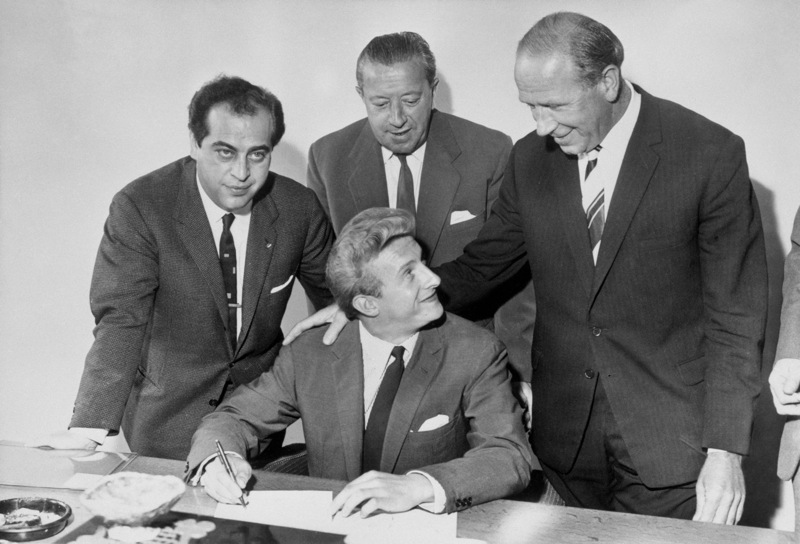The Corporate Coach. More and more companies start to see the benefits of hiring coaches for their employees. Not many years back, very few people were familiar with the term corporate coach or exactly what one did. More familiarity was in terms such as business consultants. Even though these terms are often put in the same category as coaching, they are not the same. When you think of a coach, what comes to mind? Is it a sports coach? Professional sports people are very familiar with the benefits of coaching. Most today have one on staff or seek out guidance on various occasions.
What should you look for in a coach and how can you ensure a return on investment after the job is done?

The challenge of finding a good coach
The typical career of a sports coach often starts from being an athlete and/or player with a lot of passion and grass root understanding in the discipline he/she teaches. The best sports coaches do not only have the sports vibe in their veins and mind, but also enough scientific knowledge to widen their perspective in the guidance of their pupil’s evolution.
The more international you become and the harder it is to make the difference, the more holistic and wider this coaching will be. As former international sports coaches, our team has been looking at all fields: mental, nutritional, optic, neurologic, orthopaedic,… in order to improve results. That’s when a sports coach can grow towards a general coach.
The most present mindset amongst these athletes and especially their coaches is that there are no borders towards growth. Standing still at the next “final” level is just not considered as an option.
Looking at the corporate coaching world from this perspective, there are only few coaches who can claim this holistic aspect of coaching corporate people. Secondly, the determination and passion that is typical for sports people is too often downgraded to a pragmatic presentation without soul and human connection
When you choose your corporate coach who will help you achieve your goals, make sure he shares the same passion and connection you have in your job. Only then, you and the coach can make the difference in getting what you want.
Types of Corporate coaching
It is important that individuals, executives, leaders and members of the businesses thrive in a work environment in which they have mastered all the aspects, including in relation to each other, for taking on responsibilities or strategy change. Once you set up the goals and values of the change program you can start to choose your coach…but not before.

Professional corporate coaching can be summed up in 4 points:
1. Business Coaching (or Corporate Coaching) for large companies
Business coaching is intended for companies which are interested in coaching for specific assignments such as:
- HR or management support for the launch of a coaching activity
- training managers to become coaches
- development of coaching workshops
- consultancy for prevention and employees’ wellbeing
- team coaching: creating high performance teams, managing difficult relationships within a team.
Business Coaching can therefore bring solutions to specific coaching requirements which fall within the overall strategy, goals and human capital of the company.
2. Small Business Coaching
Small Business Coaching is intended for companies with a limited number of employees (SME, start-up, etc.) but also for Directors and Managers of small structures. This coaching will enable and assist them in strengthening the strategy of their own businesses.
3. Staff Coaching (or Personal Coaching)
As its title suggests, Staff Coaching is not directed to a group, but is intended to enhance personal development of an individual both in the work environment and private framework. Staff Coaching covers many fields of daily life such as:
- relationships with others
- striking a balance between professional and private life
- wellbeing and healthcare
- spirituality
- education
- core talent enhancement
- personal evolution and motivation
4. Career Coaching
Career Coaching is aimed at anyone who faces a delicate professional situation, whether it is as a means for :
- professional re-orientation
- decision-making in their careers
- transition between two functions
- assessment of current employment situation
Career Coaching can support partners throughout the process of professional change.
All of these types of coaching have the best results if you work with coaches who have a wide spectrum and a “suitcase” full of human tools. Because every person needs specific attention and the key to personal evolution is definitely not a skeleton key. In a next blog post, we will continue on how to become a corporate coach.
